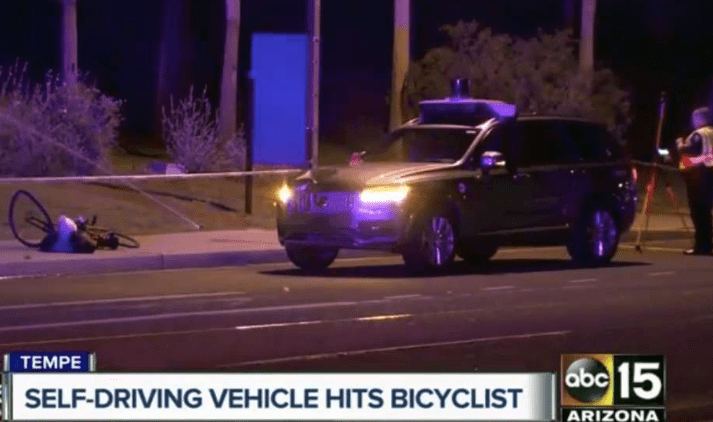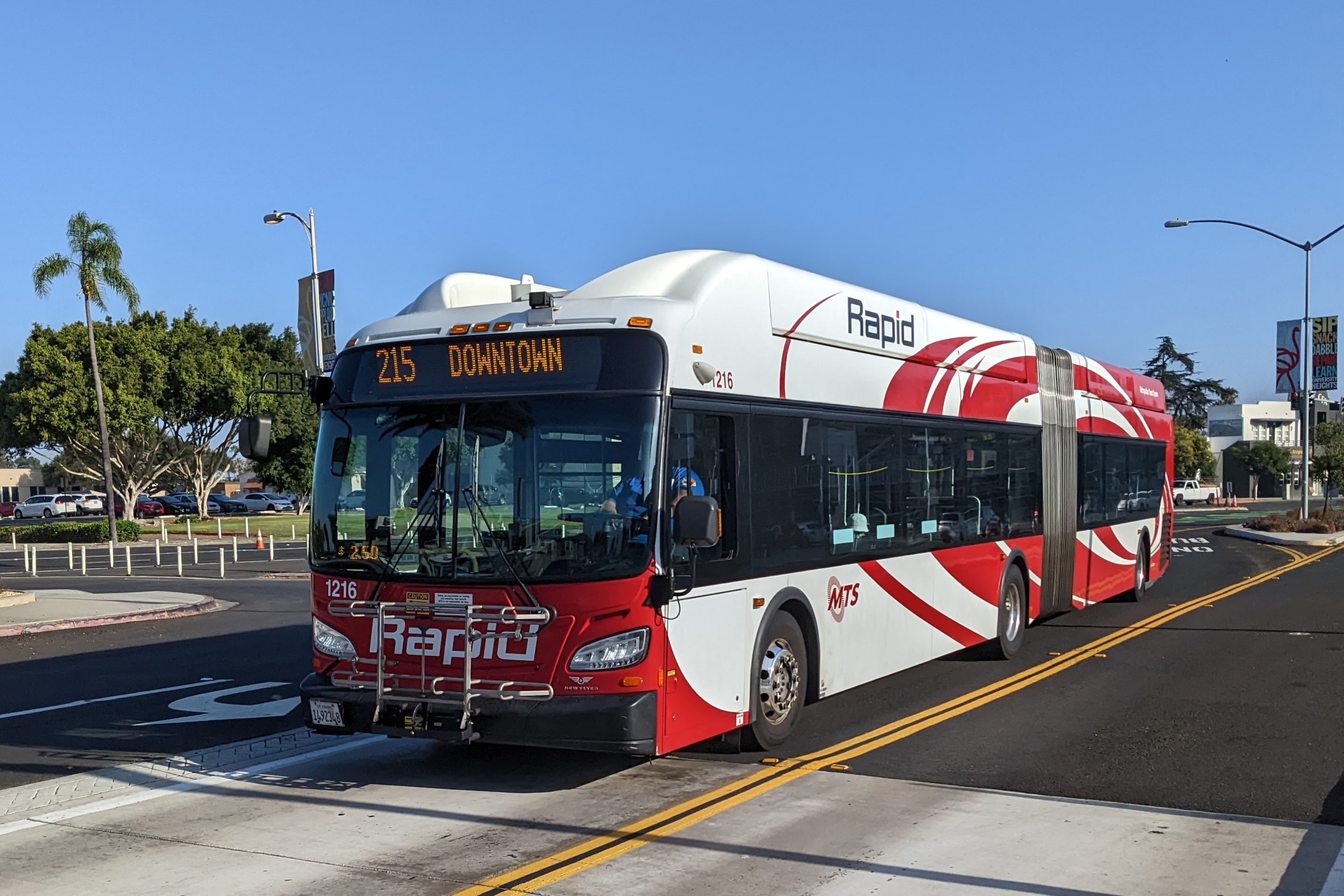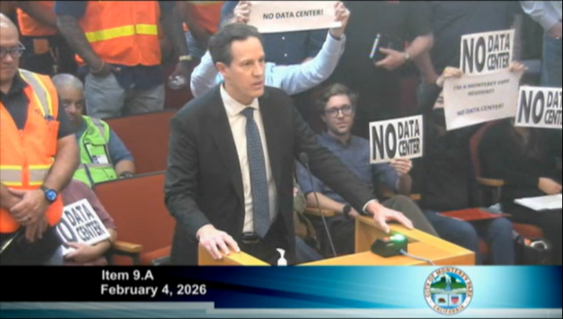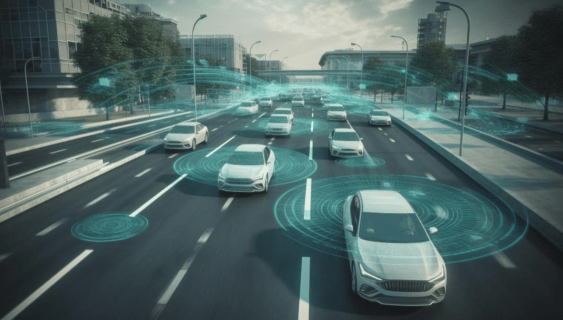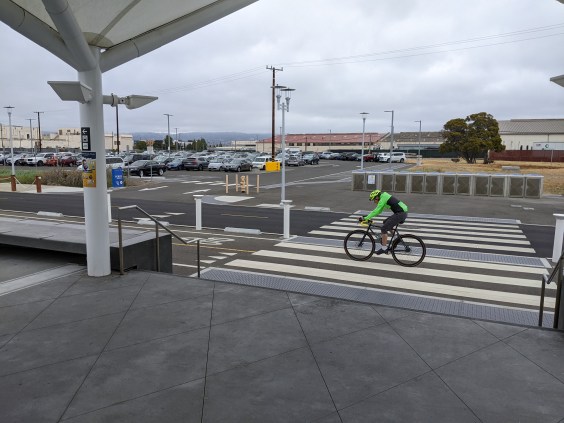The Trump Administration wants to make it easier for self-driving cars to get on the road — but it may simultaneously be undermining that effort by failing to address widespread public fear of the autonomous vehicles.
Safety advocates seized on the U.S. Department of Transportation's latest "voluntary guidelines" for self-driving car developers — which allows companies to keep their safety records private — as evidence that the administration isn't reacting aggressively to ease public concern over the three known deaths by autonomous vehicles.
"Instead of publishing information that would allow the public to accurately gauge the safety performance of an AV system, companies making driverless cars are instead allowed to release glossy marketing brochures like the ones previously submitted by a few manufacturers," Advocates for Auto and Highway Safety in a statement on Thursday, after U.S. DOT released guidelines that it calls the 3.0 Autonomous Vehicles Policy.
The guidelines only suggest that AV companies participate in data exchanges with other companies. And, worse, the agency is considering ways to make AVs exempt from existing safety regulations.
The National Highway Transportation Safety Administration, for instance, is exploring whether existing regulations — such as requirements that cars have steering wheels or a brake pedal — are unnecessary barriers to the development of self-driving cars. U.S. DOT says it will soon begin the "proposed rule making" process with the goal of "maintaining existing levels of safety" — a very low safety standard.
Human driven cars kill tens of thousands of people every year due to driver error and poor reflexes — which is why Advocates for Auto and Highway Safety is so concerned about the Administration's approach. A botched rollout of AVs could worsen overall safety if the public rejects the driverless vehicles because fears have not been properly addressed.
"We believe AVs have great potential to save lives in the years to come," the organization said. "However, this promise is endangered without widespread public acceptance. Numerous opinion polls have found that Americans harbor strong and enduring concerns about these vehicles."
An auto industry group did not have such concerns.
"The Department of Transportation should be commended for again spurring the development of innovative safety technologies, including self-driving vehicle technologies that hold great promise for our nation," the Alliance of Automobile Manufacturers said in a statement.
Early evidence shows that AV companies can't be counted on to put public safety considerations over profits. There have been three deaths tied to AV technology companies over a little more than a year, including the death of pedestrian Elaine Herzberg in Tempe. In her case, Uber, in its rush to get to market, turned off important safety features and failed to employ an attentive backup driver. The National Highway Transportation Board still hasn't completed its analysis of the causes of that crash.
National Highway Transportation and Safety Administration Deputy Administrator Heidi King moved to address fears by saying the federal government “will not hesitate to act” if AVs are found to be unsafe by using its recall authority.
